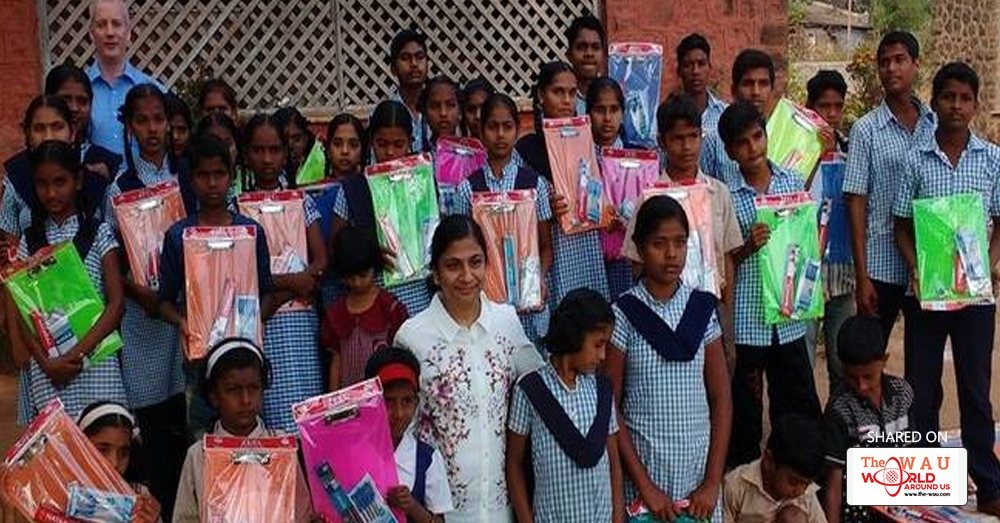In India, more than 77 million people do not have access to clean drinking water -- more than any other country in the world -- with the issue mainly affecting people in rural areas.
Researchers at the University of Edinburgh have developed a new solar-powered water purification system that decontaminates sewage water and makes it safe to drink. This technology solves two problems at once by providing clean drinking water and by reducing the spread of disease caused by untreated sewage.
Currently, the Indian government focuses on purifying contaminated water in rivers and streams, but in rural areas there is no widespread treatment of sewage water, which would solve the problem at the source. The new system first filters out visible waste and then uses sunlight to "generate high-energy particles inside solar-powered materials, which activate oxygen in the water to incinerate harmful pollutants and bacteria," according to the university.
Sunlight itself is already a great purifier, but the technology amplifies this process so that contaminated water becomes safe to drink quickly and at low cost.
"We are aiming to provide people in rural India with a simple off-grid water decontamination system. This could be achieved by simply fitting our modified solar-activated materials to containers of contaminated water positioned in direct sunlight," said Dr. Aruna Ivaturi from the university's School of Chemistry.
The research team is working with the Indian Institute of Science Education & Research, Pune to carry out a five-month pilot project in rural villages where the technology will be further developed so that it can be used on a larger scale.
Share This Post












